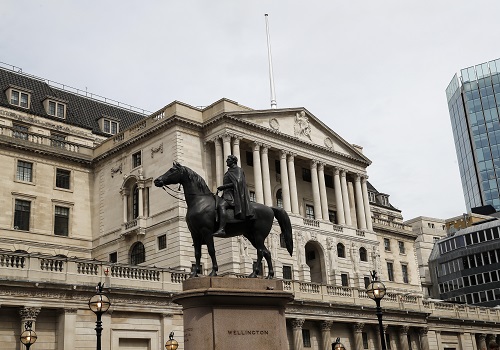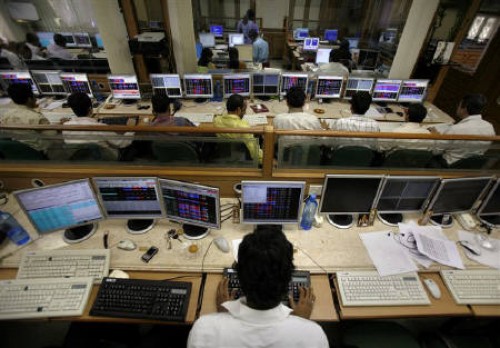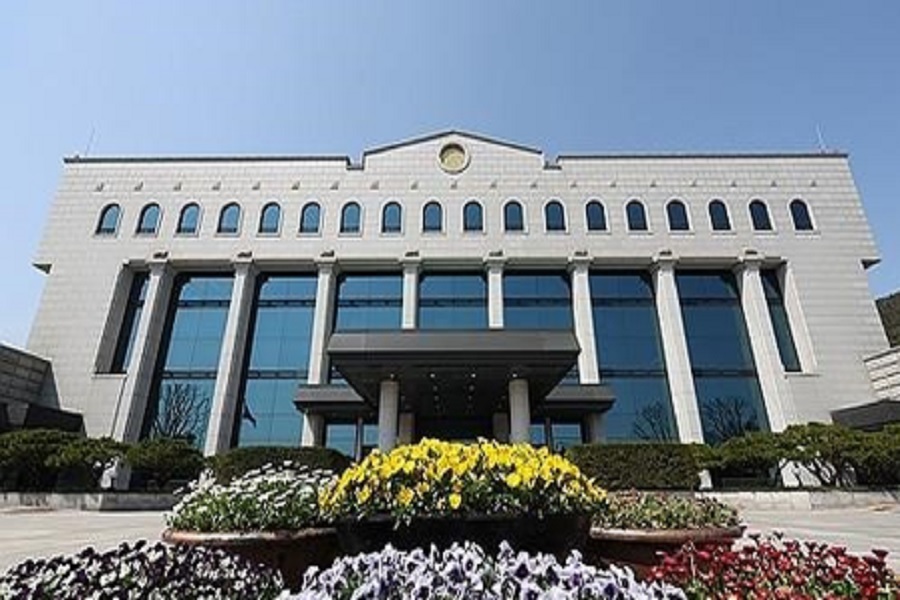UK Faces Economic Downturn as Bank of England Predicts Recession Before General Election by Amit Gupta, Kedia Advisory

The Bank of England is expected to downgrade UK economic growth forecasts, raising the risk of a recession ahead of the next general election. Prime Minister Rishi Sunak's government grapples with falling popularity, and efforts to stimulate growth through expenditure cuts face challenges. The focus is on the Monetary Policy Committee's projections, with interest rates likely to remain at 5.25%. Rising inflation, potential rate cuts, and political pressure complicate economic recovery, while positive revisions offer a slightly brighter outlook in the medium term.
Highlights
The Bank of England's anticipated revision of GDP forecasts signals a challenging economic landscape for the UK, increasing concerns for Prime Minister Rishi Sunak as he heads towards a crucial general election. The government's attempts to spur growth through expenditure cuts face headwinds amid a backdrop of rising inflation and pressure to ease interest rates. The Monetary Policy Committee's decision to keep rates at 5.25% reflects a cautious approach, with the potential for further cuts in the future. Political pressure mounts as some MPs call for a relaxation of the restrictive interest rate policy to prevent economic contraction.
The near-term outlook appears grim, with a possible recession on the horizon and hurdles to tax cuts that could boost voter appeal for the Conservative Party. The Bank of England's reliance on data such as the Purchasing Managers' Index and wage data underscores the complexity of decision-making in an uncertain economic environment. While medium-term prospects show some improvement, immediate challenges include a high inflation rate, slowing labor market growth, and the potential impact on the Treasury's fiscal policies.
* Bank of England likely to downgrade UK economic growth forecasts.
* Increased risk of a recession ahead of the next general election.
* Prime Minister Rishi Sunak faces challenges with falling popularity.
* Monetary Policy Committee expected to keep interest rates at 5.25%.
* Efforts to stimulate growth through expenditure cuts face headwinds.
* Rising inflation poses challenges for economic recovery.
* Political pressure for interest rate policy relaxation amid economic contraction fears.
* Positive revisions offer a slightly brighter medium-term outlook.
* Immediate challenges include a high inflation rate and slowing labor market growth.
* Complex decision-making based on data such as PMI and wage figures.
* Hurdles to tax cuts complicate government efforts to boost voter appeal.
* UK's inflation rate at 6.7% in September adds to economic uncertainties.
* Potential impact on the Treasury's fiscal policies amid tepid growth.
* Bank of England's cautious stance may influence future price forecasts.
* Investors navigating uncertainties in the market amid economic challenges.
Conclusion
The economic downturn in the UK, coupled with the Bank of England's cautious stance, raises concerns about the potential impact on prices and inflation. The central bank's reluctance to ease interest rates until inflation is under control may contribute to ongoing economic challenges. Investors closely watching the data, including the PMI and wage figures, will navigate uncertainties in the market. The delicate balance between stimulating growth and managing inflation will play a crucial role in determining future price forecasts.
Above views are of the author and not of the website kindly read disclaimer
























